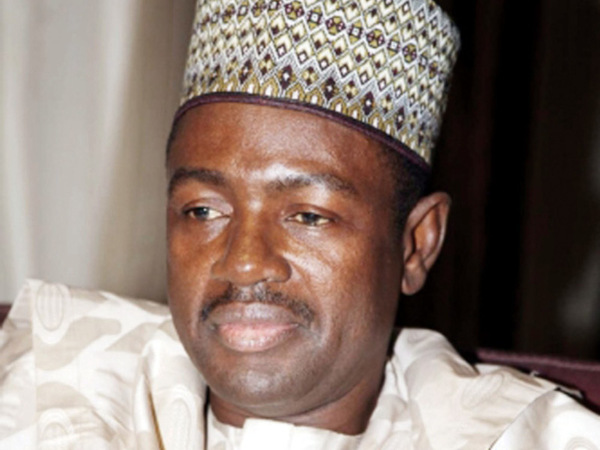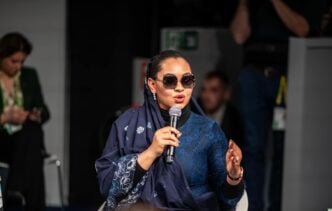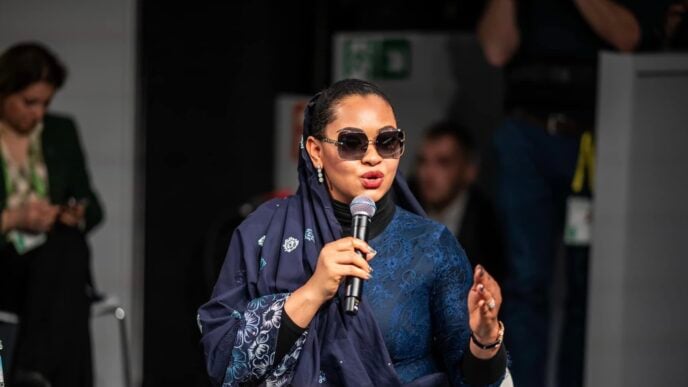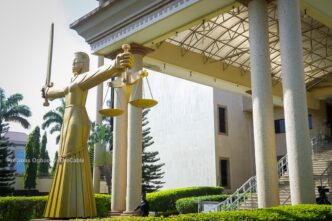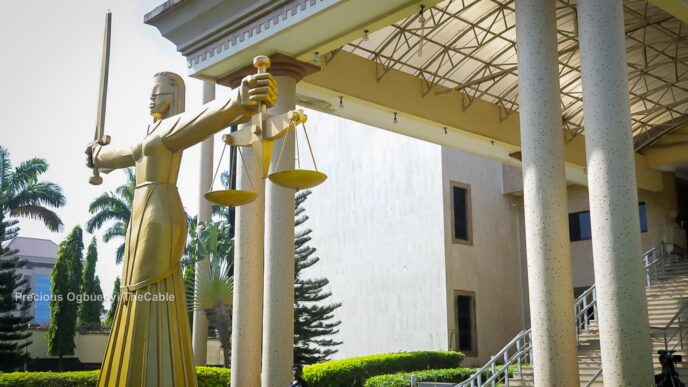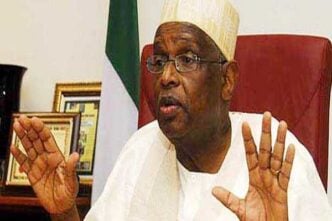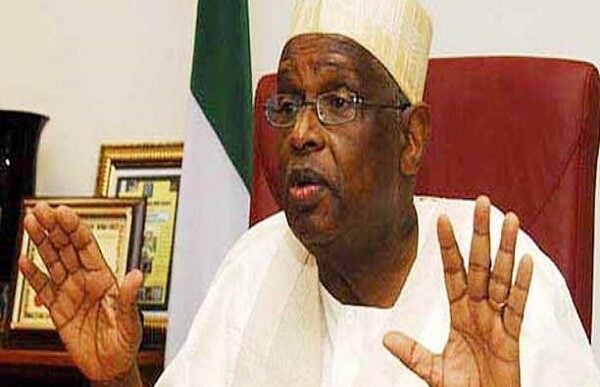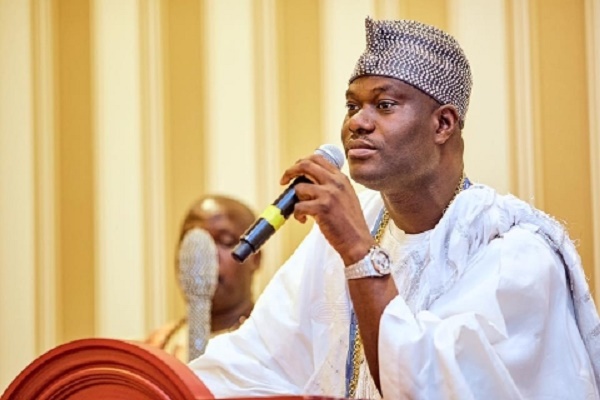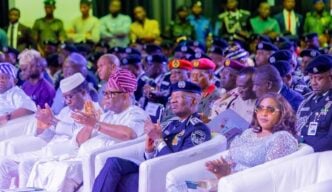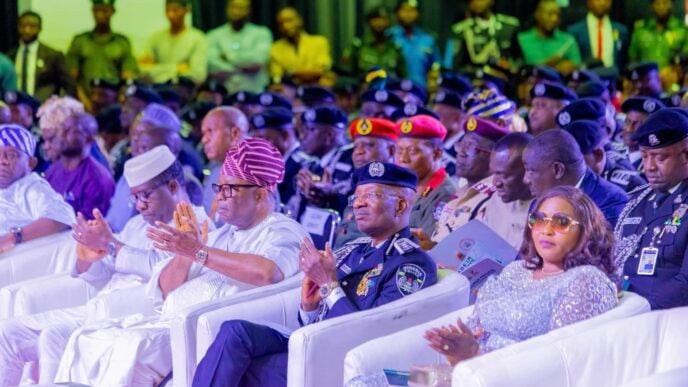A file picture of Nigerians queuing during an election
Ezenwa Nwagwu, executive director of the Peering Advocacy and Advancement Centre in Africa (PAACA), says equating the dividends of democracy with road construction and salary payments reflects a “profound misunderstanding” of democratic governance.
In a statement marking Nigeria’s 26th anniversary of uninterrupted civil rule, Nwagwu said the practice of celebrating basic deliverables as major democratic gains distorts the true purpose of democracy.
“We often hear people describe things like efficient service delivery or infrastructure development as some of the key gains of democracy. While that may sound right on the surface, democracy goes far beyond that,” the statement reads.
“If it was just about service delivery, the military actually held their own. They built bridges, and they built roads and hospitals. In fact, they built some of the most important and enduring infrastructure our country still relies on today.”
Advertisement
He argued that democracy should not be reduced to the number of roads constructed or months of salaries paid, stressing that such metrics, while important, do not reflect the essence of democratic governance.
“Sadly, discussions around ‘dividends of democracy’ have now been reduced to how many kilometres of roads have been constructed or how many months of salaries and pensions have been paid,” Nwagwu said.
“As important as those roads may be, that is not what democracy is about. Democracy was never meant to be reduced to showy projects. It’s about values — transparency, accountability, and participation — and the systems that uphold them.”
Advertisement
According to him, genuine democratic dividends include the protection of freedoms, functioning institutions, citizen engagement, and systems that place checks on power.
He expressed concern that many public officials still operate with a military mindset, characterised by intolerance to scrutiny and excessive focus on personal glorification.
Nwagwu said despite over two decades of civilian rule, Nigeria’s democratic institutions remain fragile, with state assemblies and the judiciary struggling for financial and operational independence.
“Let’s not pretend things are normal. The political class continues to behave in ways that betray the democratic spirit,” he said.
Advertisement
“Power is still personalised, not institutionalised. We do not have strong political parties built on ideology or values.
“Our legislature, both national and especially state, are often rubber stamps. Our judiciary still struggles to be independent. State assemblies and judiciary don’t still enjoy financial autonomy.
“Imagine a Nigeria where state houses of assembly perform their legislative duties without fear or favour. Imagine a judiciary who doesn’t wait for the executive to breathe before it can act.
“Imagine a democracy where freedom of expression is encouraged, not suppressed. These are the values we should be pursuing — not just how many kilometres of roads were paved.”
Advertisement
He urged Nigerians to shift focus from token infrastructure to the core principles that sustain democracy.
This report is AI-assisted
Advertisement

